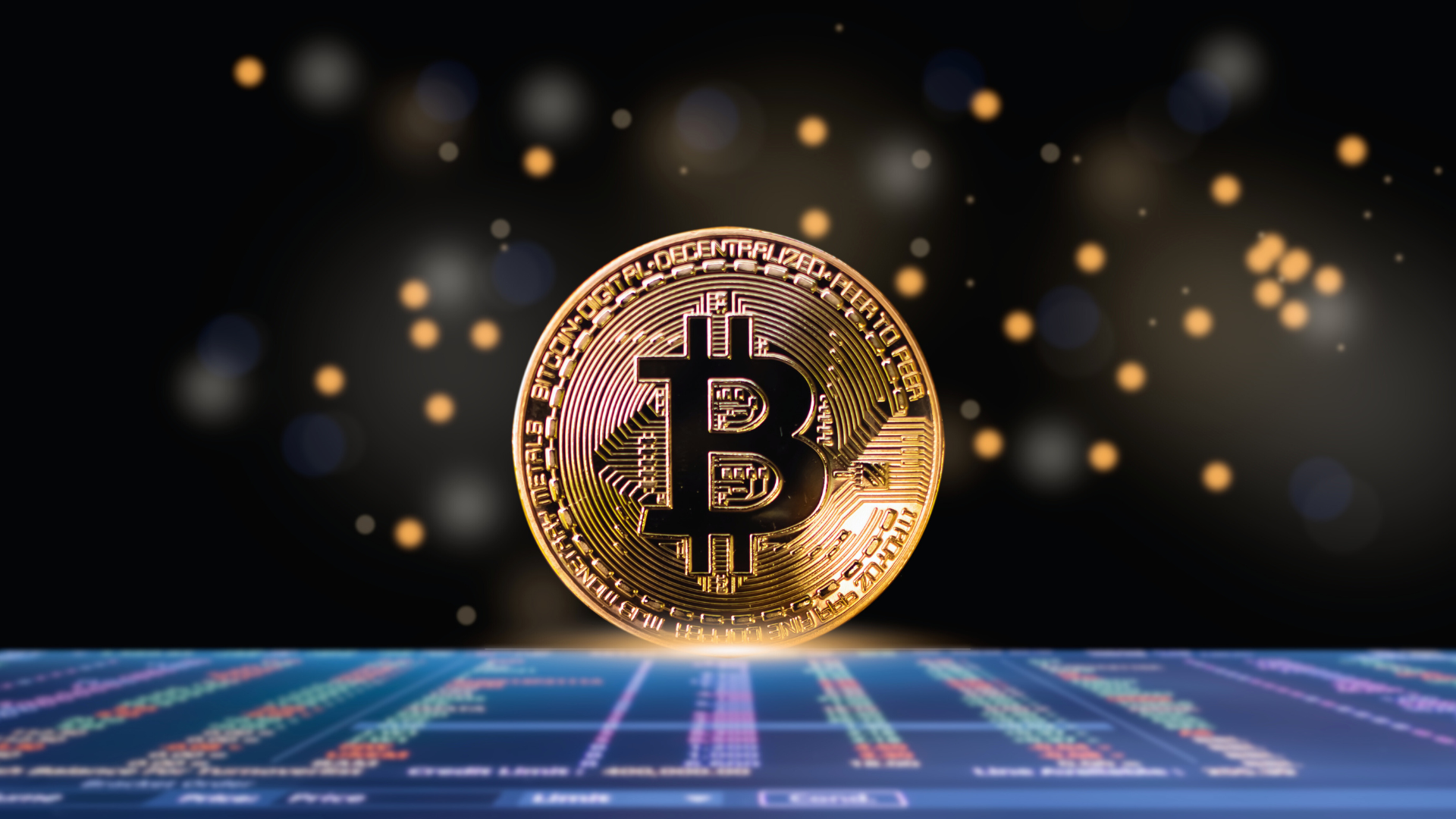Are you curious about the buzz surrounding cryptocurrency and digital assets? Do you want to know more about these revolutionary technologies that are transforming the way we think about money, investments, and transactions? Then this blog post is for you! In this article, we’ll provide an in-depth guide to understanding cryptocurrency and digital assets from their basic principles to their potential impact on our economy. So buckle up and get ready for a thrilling journey into the world of crypto!
How to Invest in Cryptocurrency
If you’re interested in investing in cryptocurrency, there are a few things you should know. First, it’s important to understand what cryptocurrency is and how it works. Cryptocurrency is a digital or virtual asset that uses cryptography to secure its transactions and it can even control the creation of new units. It is decentralised, meaning it isn’t subject to government or financial institution control.
There are many different types of cryptocurrency, but Bitcoin is the most well-known and widely used. When you invest in cryptocurrency, you’re essentially buying into the technology behind it. You can invest in cryptocurrency by buying coins or tokens, which can be done through exchanges or initial coin offerings (ICOs). You can also mine cryptocurrency, though this process is complex and requires specialised equipment.
Also, at the time of making the investment, you’ll need to secure and legally bind a way to authorise and validate transactions. These transactions are digitally signed and the signatures are regulated by eIDAS (The Electronic Identification, Authentication, and Trust Services). This is just one of the ways in which you can ensure that your transactions are protected and as such, the risks of foul play taking place are drastically reduced. If you wish to research more on this digital infrastructure, then you can always utilize a eIDAS 2.0 guide from Truvity.
Now, once you have purchased some cryptocurrency, you’ll need to store it in a digital wallet. This can be done on your computer or mobile device, or through a third-party wallet service. When you want to use your currency, you’ll send it from your wallet to another wallet or exchange it for goods or services.
Cryptocurrency prices are volatile, so investing isn’t for everyone. If you do decide to invest, remember to diversify your portfolio and only invest an amount you’re comfortable losing. So, if you need investment and you want to try cryptocurrency you can also join some of the cryptocurrency trading platforms, where you can buy and sell cryptocurrency for profit. You must be careful when investing in cryptocurrency as there are high risks. Make sure to do your research and consult with a financial advisor before investing.
Where to Buy Cryptocurrencies
There are a few different places to buy cryptocurrencies. The most popular place to buy them is through an exchange. Exchanges are online platforms where you can buy, sell or trade cryptocurrencies for other digital assets or traditional fiat currencies like US dollars or Euros.
Another way to buy cryptocurrencies is through a peer-to-peer (P2P) marketplace. P2P marketplaces connect buyers and sellers directly, allowing them to trade directly with each other. This type of platform usually has lower fees than exchanges because there are no middlemen involved in the transaction.
However, it can be more difficult to find a seller who is willing to accept your payment method and there is also a higher risk of fraud. Finally, you can also purchase cryptocurrencies directly from people who own them using services online. This is similar to P2P marketplaces but with the added benefit of being able to pay with traditional fiat currency methods or bank transfers.
How to Store Cryptocurrencies
To ensure the safety of your investment, it is important to know how to store cryptocurrencies. Here are some tips:
- Cryptocurrencies should be stored in a digital wallet. This can be either an online wallet such as a web-based wallet or an online exchange, or an offline wallet such as a hardware device or a paper wallet.
- Your digital wallet should be encrypted and have a strong password. This will help protect your coins from hackers.
- Make sure to back up your digital wallet. This way, if you lose access to your original wallet, you will still be able to access your coins.
- Store your private keys in a safe place. Private keys are what give you access to your coins, so it is important to keep them secure.
Cryptocurrency and digital assets have the potential to revolutionise financial systems around the world. As more people become aware of their potential, we can expect to see an increase in both adoption and innovation. Understanding cryptocurrency and digital assets is essential for anyone interested in participating in this emerging economy. By taking time to familiarise yourself with how these technologies work, you will be able to take advantage of a variety of opportunities that could potentially help shape your future finances.








